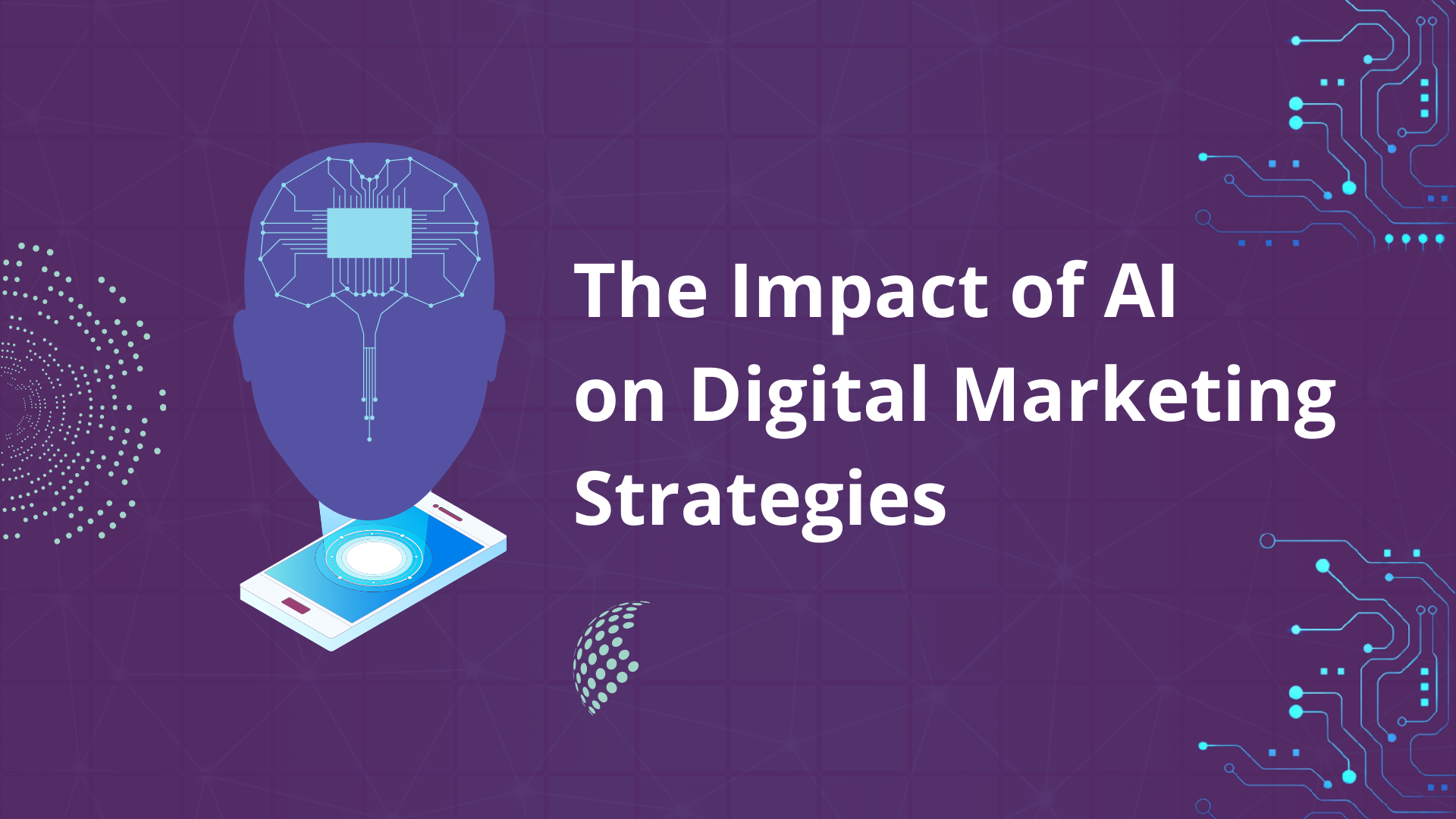The Digital Marketing Revolution
Digital marketing has undergone a revolution in recent years, with the rise of technology and the internet transforming the way businesses promote their products and services. Gone are the days of traditional marketing methods such as print advertisements and billboards – today, digital marketing is king.
One of the key factors driving this revolution is the widespread adoption of social media platforms. With billions of users around the world, platforms like Facebook, Instagram, and Twitter have become essential tools for businesses looking to reach their target audience. Through targeted advertising and sponsored posts, businesses can now reach potential customers with unprecedented precision.
In addition to social media, search engines like Google have also played a significant role in the digital marketing revolution. Search engine optimization (SEO) has become a crucial component of any successful marketing strategy, as businesses compete to appear at the top of search results for relevant keywords. By optimizing their websites and creating high-quality content, businesses can attract organic traffic and boost their online visibility.
Another major driver of the digital marketing revolution is the rise of e-commerce. With the growth of online shopping, businesses now have the opportunity to reach customers around the world, 24/7. This has opened up new possibilities for targeted advertising, personalized marketing campaigns, and data-driven analytics.

Image Source: starling.social
But perhaps the most disruptive force in the digital marketing revolution is the emergence of artificial intelligence (AI). AI technologies are transforming the way businesses interact with customers, analyze data, and automate marketing processes. From chatbots that provide instant customer service to algorithms that predict consumer behavior, AI is changing the game for marketers everywhere.
AI-powered tools like predictive analytics, machine learning, and natural language processing are enabling businesses to create more personalized and targeted marketing campaigns than ever before. By analyzing vast amounts of data in real-time, AI can help businesses understand their customers’ preferences, behaviors, and buying patterns – allowing them to tailor their marketing efforts accordingly.
For example, AI can analyze a customer’s browsing history, purchase history, and social media activity to predict what products they are likely to be interested in. This allows businesses to deliver targeted advertisements, personalized recommendations, and customized offers that are more likely to resonate with the individual customer.
AI is also revolutionizing the way businesses engage with customers through chatbots and virtual assistants. These AI-powered tools can provide instant, personalized support to customers, answer FAQs, and even facilitate transactions – all without the need for human intervention. This not only improves the customer experience but also frees up human resources to focus on more strategic tasks.
In conclusion, the digital marketing revolution has been driven by a combination of factors, including social media, search engines, e-commerce, and artificial intelligence. AI, in particular, is changing the game for marketers by enabling them to create more personalized, targeted, and efficient marketing campaigns. As technology continues to evolve, businesses that embrace AI and other digital marketing innovations will be best positioned to succeed in the ever-changing landscape of digital marketing.
AI’s Impact on Marketing Strategy
In today’s fast-paced digital world, it’s no secret that technology is constantly evolving and changing the way we do business. One of the most significant advancements in recent years is the rise of artificial intelligence (AI) and its impact on marketing strategy. AI is revolutionizing the way businesses approach marketing by providing valuable insights, streamlining processes, and personalizing the customer experience like never before.
AI has the power to analyze massive amounts of data in real-time, allowing marketers to make more informed decisions and create targeted campaigns that resonate with their audience. By utilizing machine learning algorithms, AI can predict consumer behavior, identify trends, and optimize marketing strategies for maximum effectiveness. This level of automation not only saves time and resources but also ensures that marketing efforts are more precise and tailored to specific customer preferences.
One of the key ways AI is changing the game in digital marketing is through personalization. By leveraging AI-powered tools like predictive analytics and recommendation engines, businesses can deliver personalized content and offers to individual customers based on their interests, behaviors, and past interactions. This level of customization not only creates a more engaging and relevant experience for the customer but also leads to higher conversion rates and customer loyalty.
AI is also revolutionizing the way businesses engage with their customers through chatbots and virtual assistants. These intelligent bots can interact with customers in real-time, answer questions, provide recommendations, and even process transactions. By automating customer service and support functions, businesses can improve efficiency, reduce response times, and deliver a seamless omnichannel experience across multiple touchpoints.
Another significant impact of AI on marketing strategy is the ability to track and measure the success of campaigns in real-time. AI-powered analytics tools can provide valuable insights into the performance of marketing efforts, allowing marketers to make data-driven decisions and optimize future campaigns for better results. By understanding which strategies are most effective and which are not, businesses can allocate resources more efficiently and maximize their return on investment.
AI is also transforming the way businesses approach content creation and delivery. With the help of AI-powered tools like natural language generation and content curation, businesses can create high-quality, relevant content at scale. This not only saves time and resources but also ensures that content is tailored to the preferences of the target audience, leading to increased engagement and brand awareness.
In conclusion, AI is revolutionizing the way businesses approach marketing strategy by providing valuable insights, streamlining processes, and personalizing the customer experience. By leveraging AI-powered tools and technologies, businesses can create targeted campaigns, deliver personalized content, automate customer interactions, track performance metrics, and optimize their marketing efforts for maximum effectiveness. As AI continues to evolve and advance, the possibilities for innovative and impactful marketing strategies are endless. The future of digital marketing is here, and AI is changing the game.
The Impact of AI on Digital Marketing Strategies